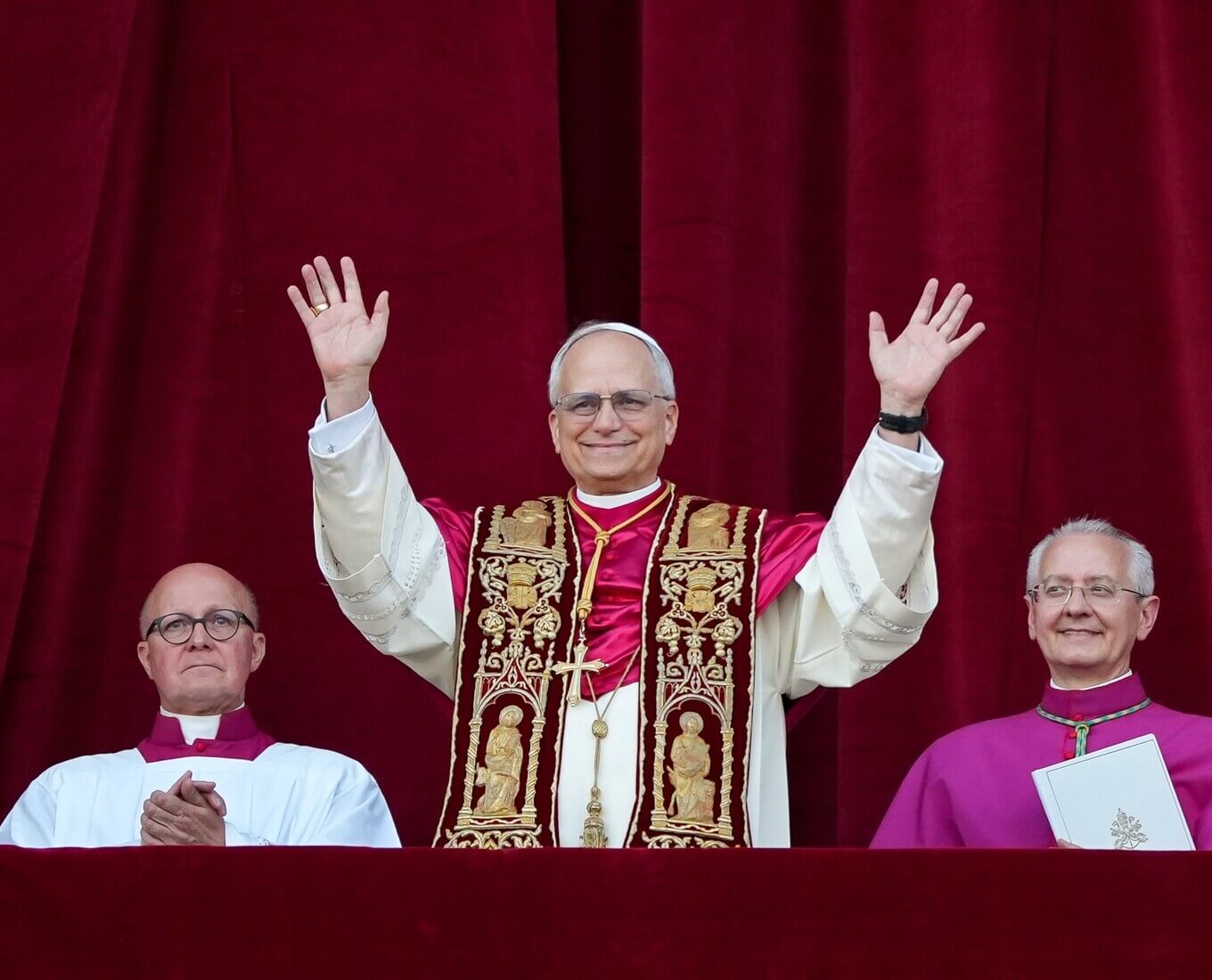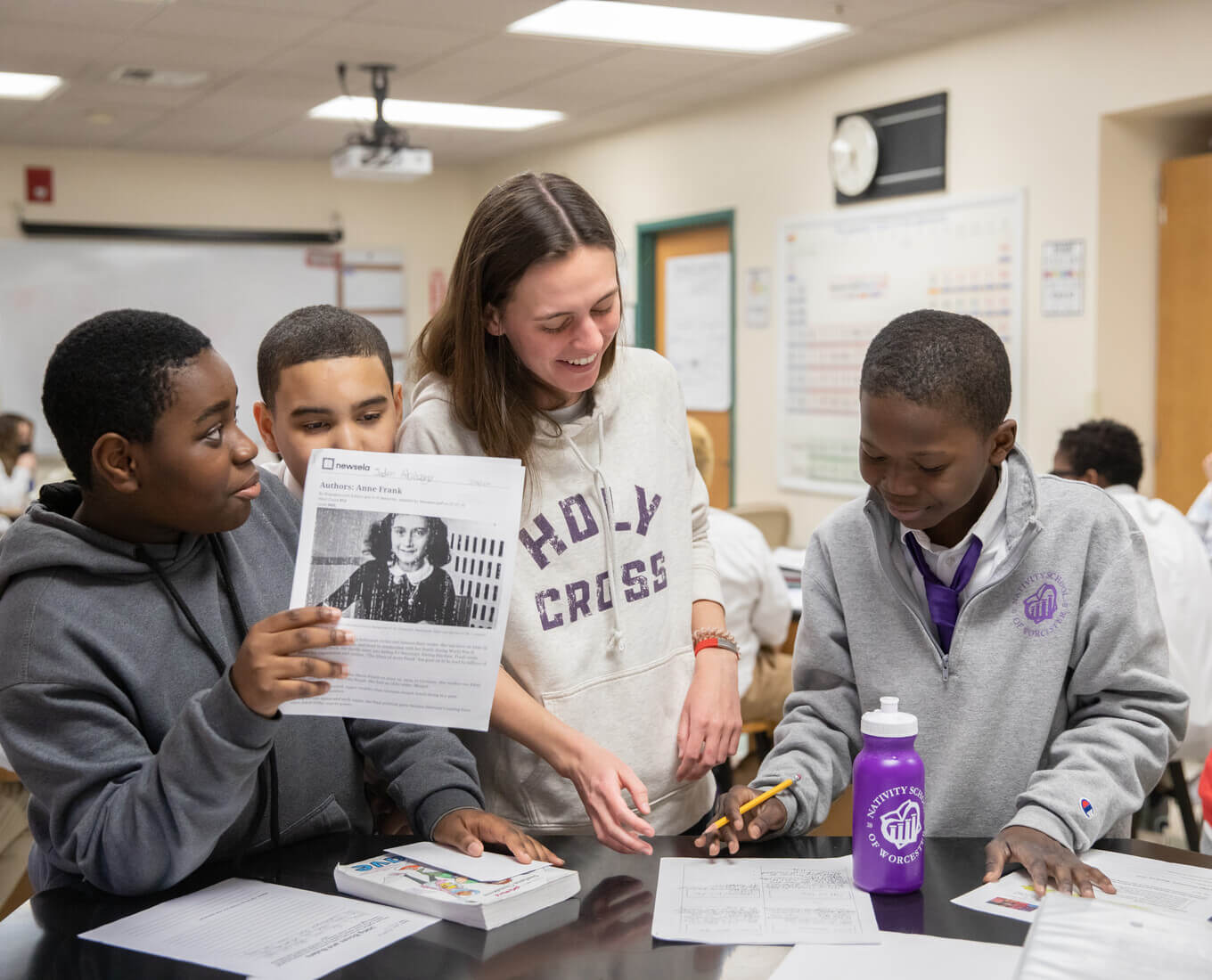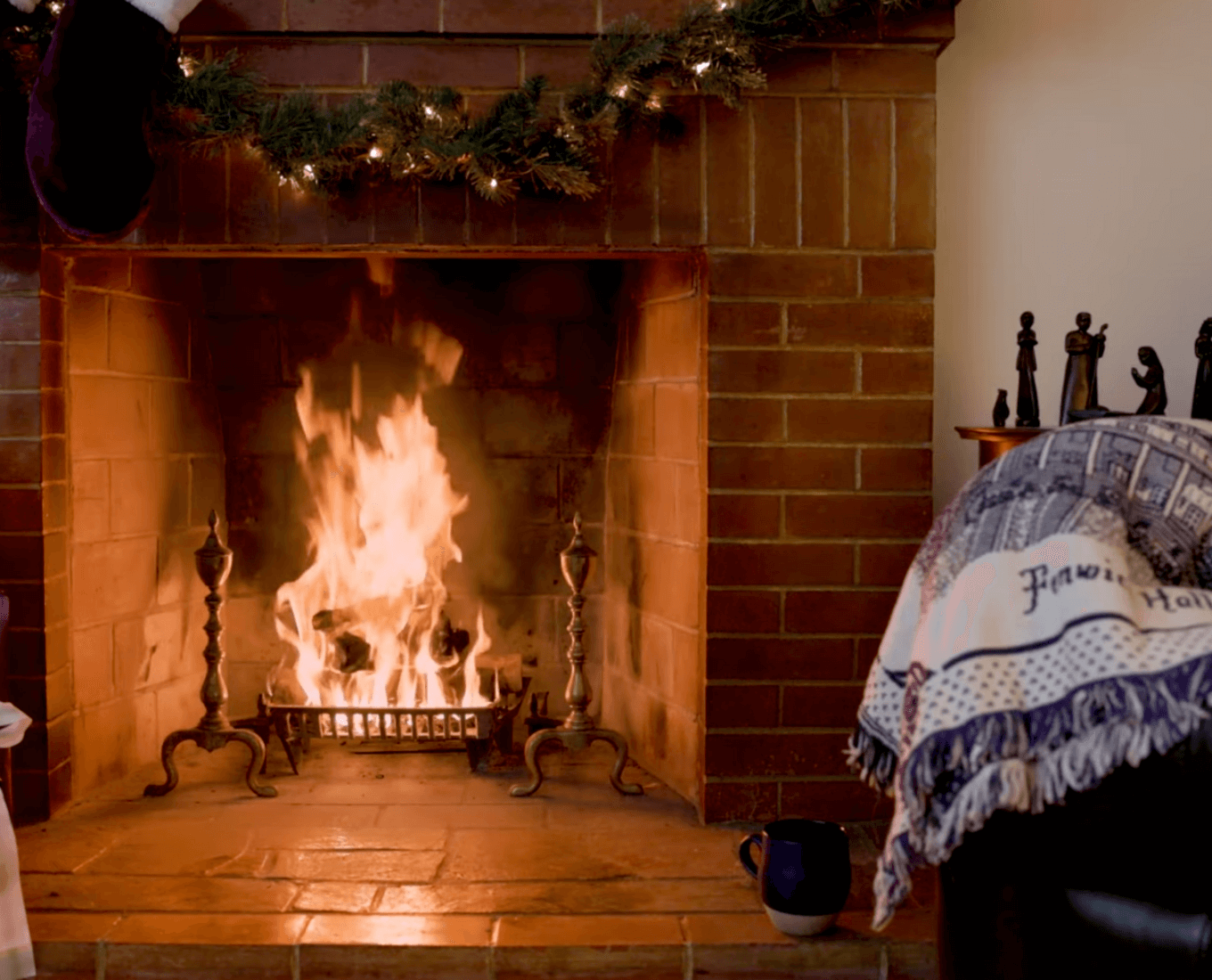
As the coronavirus pandemic began to sweep the nation this past spring, it became clear that Holy Cross' Weiss Summer Research program would not be possible in its traditional approach; in a typical summer, students in the Weiss program spend eight weeks conducting research on campus, with a stipend, meal plan, and on-campus housing paid by the College. So the directors of the Weiss program's three academic divisions— Research in the Natural Sciences; Research in the Humanities, Social Sciences, and Arts; and Research in Economics and Accounting—along with leadership from the J.D. Power Center for Liberal Arts in the World; and Loren Cass, Dean of Experiential Learning and Student Success, proposed an alternative to continue as much of the student research work as possible, remotely.
"When it became clear that we would not be able to hold the traditional program, we had two concerns," explains Daniel Klinghard, director of the J.D. Power Center. "One was that many of our faculty depend on the valuable assistance their student researchers provide to power their research agendas during the summer. The other was that many students maintain yearlong research—some have been working on projects during the year and plan to use the time over the summer to complete them, and some expect that it will bolster grad school applications. We also know that many students rely on the financial support they earn doing summer research."
The 2020 approach adapts the College's Research Associates Program, which connects faculty with student research assistants during the academic year, extending it into the summer. Many professors and students were able to adapt their projects in order to accommodate remote work, and in total, the College funded 64 students in summer research roles, with students working 10-20 hours per week for eight weeks this summer. These roles reflect the diversity of the research taking place in departments across the College including sociology, classics, economics, chemistry, English, and mathematics. Projects range from studying the virology of HIV to the evolution of language through ancient texts to the translation of books documenting the role of doctors in the Holocaust; one group of students is researching people’s mental models of illness, with a focus on COVID-19.
"It was important to consider each project and how standards could be maintained remotely," said Daniel Klinghard, director of the J.D. Power Center and professor of political science. "For us, student research is critical to faculty work. At some institutions, particularly those with graduate schools, that isn’t the case, but as an undergraduate-only institution, Holy Cross gives real-world, professional-level research opportunities to our students, and the faculty rely on their excellent work to advance important research across disciplines."
An expectation unchanged by the virtual environment is the high standard to which all program participants are held. All faculty-student teams created a work contract at the start of the summer and participated in a mid-point structured mentoring conversation in addition to adhering to the parameters and standards of their individual research projects. Additionally, student research associates were required to write a reflection on their experience and its impact.
As Klinghard explains, "This is all in keeping with the J.D. Power Center's belief that setting clear expectations, encouraging structured mentoring, and creating intentional opportunities for reflection are best practices for capturing the full impact of experiential learning."
Holy Cross Funds Remote Student Research Opportunities
The summer research program provides Holy Cross students with professional-level research opportunities as undergraduates


